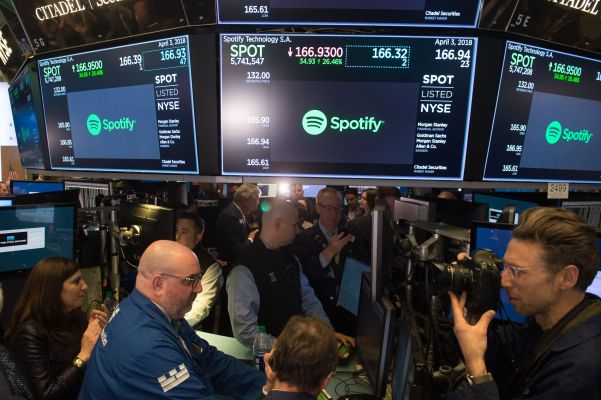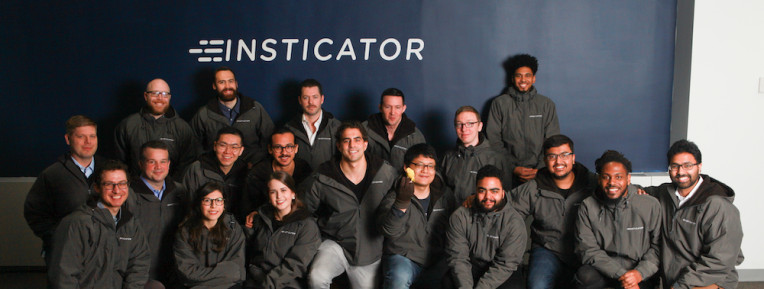Tesla is again facing allegations it has failed to address racism in a workplace, just months after the company lost a lawsuit and was ordered to pay nearly $137 million to a Black worker over racist abuse.
This week, a Black woman who worked for Tesla Energy, the electric car giant’s solar-power subsidiary, filed a lawsuit claiming her white supervisor frequently called her the n-word, used another racial slur, and made “inappropriate sexual comments” to her when she was employed as a roofer in Santa Clara County for a year ending in September. Plaintiff Shanel Dickson’s suit against Tesla and Tesla Energy, filed Thursday in Santa Clara County Superior Court, also accused the companies of gender discrimination, claiming that as the sole woman on her solar-roofing team, she “was only given light duty work.”
Dickson alleged that after she told her manager about the purported harassment and discrimination, she was put on a “performance improvement plan” that said she was not meeting performance requirements, and that after she went to HR with her complaints, she was assigned to pick up trash while the matter was investigated. Dickson was not interviewed in connection with any investigation, “nor was she informed of any findings or resulting corrective action,” the suit alleged.
Dickson claimed in the suit that she was forced to quit because the performance plan prevented her from transferring to a New York location when her mother fell ill and needed her care. She is seeking unspecified damages.
Tesla, headed by CEO Elon Musk, did not immediately respond to a request for comment.
The suit follows an October case, in which a San Francisco federal court jury awarded a Black former worker at Tesla’s Fremont car factory almost $137 million. Owen Diaz, who worked at the plant in 2015 and 2016 as a contracted elevator operator, claimed in a lawsuit that he faced “daily racist epithets,” including the n-word, and that colleagues drew swastikas and left racist graffiti and drawings around the facility, with supervisors failing to stop the abuse. Tesla is seeking a new trial in that case. U.S. District Judge William Orrick in January suggested he might trim the jury’s award — believed to be one of the largest in U.S. history for a single plaintiff in a race-discrimination case — but said that he recognized “the awful history of race discrimination in this country.”
Tesla said in an October blog post that, “The Tesla of 2015 and 2016 (when Mr. Diaz worked in the Fremont factory) is not the same as the Tesla of today.”
The company is also still fighting a 2017 lawsuit by former worker Marcus Vaughn, who claimed the Fremont factory floor was a “hotbed for racist behavior.” Vaughn, a Black man who said he was fired from the electric car maker for “not having a positive attitude,” claimed supervisors and co-workers called him the n-word, but that his written complaint to HR drew no investigation. His suit was the third filed that year by black workers alleging that racial slurs were used against them and the company ignored their complaints. It was the first such suit to seek class-action status.
Tesla said in a 2017 blog post about Vaughn’s suit that it had probed “disappointing behavior” by a group of workers near Vaughn’s team and after “a thorough investigation” it took immediate action, including firing three workers. Sworn statements and declarations filed in the lawsuit contain claims by other Black workers that they were called the n-word at the Fremont plant and found swastikas in the bathroom, technology website Protocol reported in July, adding that between 2018 and March 2021, 47 people had requested the right to sue Tesla for race-based discrimination.
Tesla’s former HR chief and most prominent Black executive, Valerie Capers Workman, signed the October blog post on the Ortiz case, as well as a post last year that defended use of the n-word by Black people that also noted Tesla forbids such slurs, quit the company in January.










